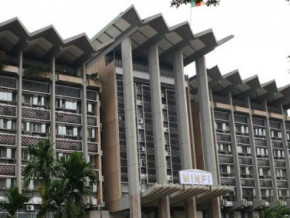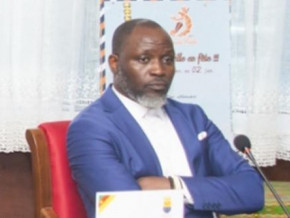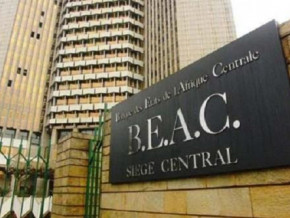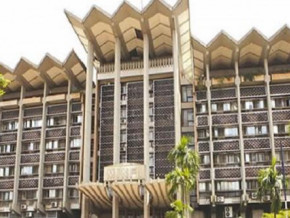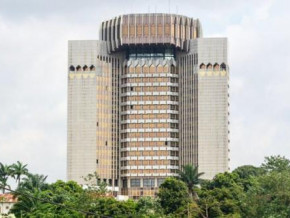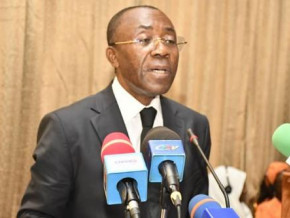
Cameroonian government explains roadblocks to end of crisis in Anglophone regions
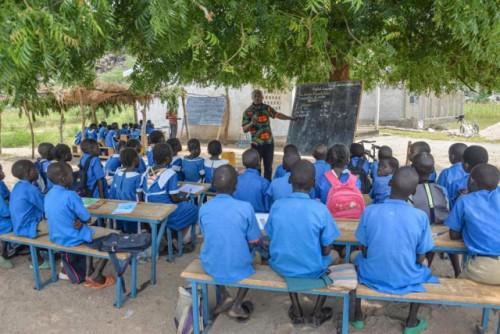
(Business in Cameroon) - Ghogomu Paul Mingo, Cabinet Director for the Prime Minister and President of the ad hoc Inter-ministry Committee in charge of studying and proposing solutions to the preoccupations expressed by unions of English-speaking teachers since October 2016, issued a communiqué, on 16 January 2017, which explains the barriers to the end of the crisis in the concerned regions.
Ghogomu Paul Mingo related that the Committee he heads held its second ordinary session on 12 and 14 January 2017 in Bamenda. “However, despite the methodical, rigorous and exhaustive analysis of all the points on the agenda of the day, based on a proposal made by the union representatives, the communiqué calling for the end of the strike was not signed, despite the insistence of the parents of the students and school managers who, during the works, heavily pressed for the resumption of classes”, writes the PM’s cabinet director. He added that, this highly detrimental situation is due to some uncompromising union leaders.
“Indeed, unions requested for the unconditional release of all those arrested during the latest events in the North-West and South-West regions, and expressed their choice for a federation with two States, in the management of public affairs. The President of the Committee recalls that, concerning the federation, the President of the Republic highlighted, in his address to the Nation on 31 December 2016, that the form of the State is non-negotiable”.
Ghogomu Paul Mingo reminds that the government has already considered several demands made by the unions in the Cameroonian education system. It is possible, according to him, to ascertain this through the firm decisions on the imminent special recruitment of 1,000 bilingual teachers (mathematics, sciences, technologies, French), the upcoming integration of the first batch of primary school and secondary school contract teachers, an additional allocation of FCfa two billion in subsidies for the 2016-2017 school year, etc. The Prime Minister’s Chief of Staff repeated that the government is asking the unions to lift the strike and declared that the State will efficiently guarantee the security of the student youth.
As a reminder, Anglophone teachers and lawyers have been on strike since October 2016. They estimate that they are marginalised by the French-speaking majority. Classes have stopped in the North-West and South-West regions. Trials in courts have also stopped.
Sylvain Andzongo
Mags frontpage
- Most read 7 days
- shared 1 month
- read 1 month






